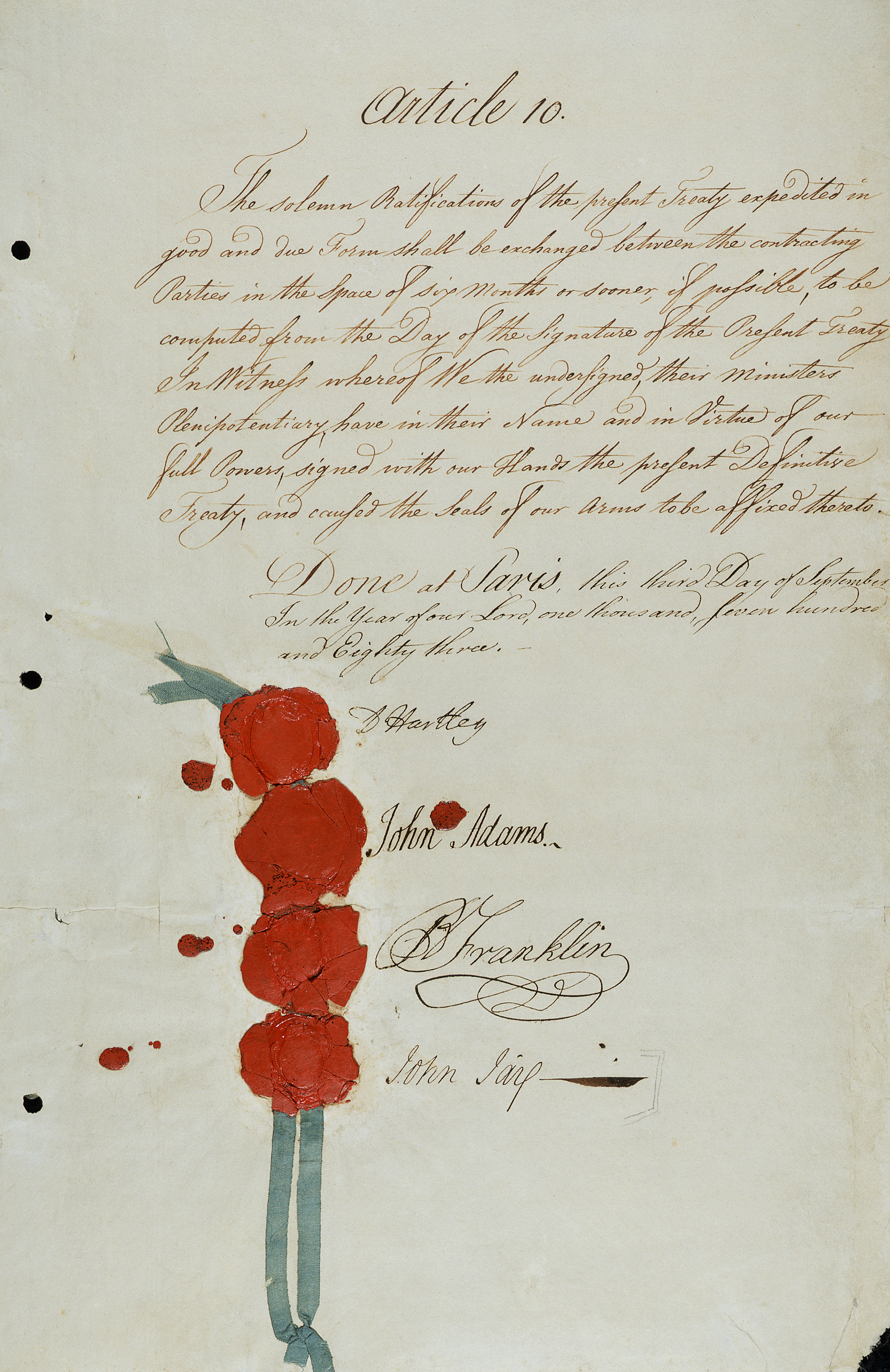The War And Treaty: A Deep Dive Into History's Crucial Moments
War and treaty—two words that have shaped the course of human history. From ancient civilizations to modern nations, these terms are the backbone of global politics and power struggles. If you're here, chances are you're curious about the intricacies of how conflicts arise, how they're resolved, and what treaties mean for the world we live in today. Get ready because we're about to take you on a wild ride through time, filled with battles, diplomacy, and everything in between.
Imagine this: you're sitting in a room where the fate of nations is being decided. Leaders from different corners of the globe are negotiating, arguing, and sometimes even throwing subtle shade at each other. This is where treaties are born, and it's not always pretty. But hey, that's what makes history so fascinating—there's drama, there's strategy, and there's always a twist.
Now, before we dive headfirst into the nitty-gritty details, let me just say this: understanding war and treaty isn't just about memorizing dates and names. It's about grasping the bigger picture—the why and how of it all. So buckle up, because we're about to unravel some serious knowledge bombs.
- Watch Kannada Movies Online Latest Releases Where To Stream
- Itslunarliv Leaks What You Need To Know Hottest Content
What Exactly is the War and Treaty?
Let's break it down, shall we? A war, in its simplest form, is a state of armed conflict between nations or groups. It's messy, it's brutal, and it changes lives forever. On the flip side, a treaty is like the world's way of saying, "Alright, let's stop the madness and figure out how to coexist peacefully." Treaties can be agreements to end wars, establish alliances, or even divide land.
Throughout history, wars have been fought for countless reasons—territory, resources, ideology, you name it. And treaties? Well, they're the bandaids that try to patch things up afterward. But here's the kicker: not all treaties stick, and not all wars end neatly. Sometimes, the aftermath is just as complicated as the conflict itself.
Why Study War and Treaty?
Here's the deal: studying war and treaty isn't just for history buffs. It's for anyone who wants to understand the world around them. Wars shape borders, economies, and cultures. Treaties determine alliances, trade agreements, and even human rights. In short, they're the building blocks of international relations.
- Wars drive technological advancements—sometimes for the better, sometimes not so much.
- Treaties set the stage for future cooperation—or conflict.
- Understanding these dynamics helps us predict global trends and make informed decisions.
So whether you're a student, a policy-maker, or just someone who likes to stay informed, this topic is worth your time.
Key Wars That Changed the World
Wars aren't just random events—they're catalysts for change. Let's take a look at some of the most significant conflicts in history and how they reshaped the world.
The American Civil War
This one's a classic. Fought between 1861 and 1865, the American Civil War was all about slavery and states' rights. The North, led by Abraham Lincoln, wanted to abolish slavery, while the South clung to their way of life. Spoiler alert: the North won, slavery was abolished, and the United States emerged stronger but forever scarred by the division.
World War I
Also known as the Great War, this conflict lasted from 1914 to 1918 and involved pretty much every major power at the time. It was triggered by the assassination of Archduke Franz Ferdinand, but let's be real—it was about much more than that. The Treaty of Versailles, which ended the war, was harsh on Germany and set the stage for World War II.
World War II
Fast forward a few decades, and we have World War II. This one was even bigger, involving over 30 countries and lasting from 1939 to 1945. The Allies, including the U.S., Britain, and the Soviet Union, defeated the Axis powers led by Nazi Germany. The result? The United Nations was formed, and the world entered a new era of cooperation—or so we hoped.
The Role of Treaties in Ending Conflicts
Treaties are like the ultimate problem-solvers in the world of diplomacy. They bring conflicting parties to the table and force them to work out their differences. But let's be honest—they don't always work out as planned.
The Treaty of Westphalia
Signed in 1648, this treaty ended the Thirty Years' War in Europe. It's often credited with establishing the concept of state sovereignty, meaning each country has the right to govern itself without interference. Pretty groundbreaking, right?
The Treaty of Versailles
Remember this one from earlier? It was supposed to bring lasting peace after World War I, but its harsh terms on Germany led to economic turmoil and, eventually, World War II. Oops.
The Camp David Accords
This treaty, signed in 1978, brought peace between Egypt and Israel after decades of conflict. It was a major win for diplomacy and showed that even the most entrenched enemies can find common ground.
Modern-Day Implications of War and Treaty
Fast forward to today, and you'll see that the legacy of war and treaty is still very much alive. From ongoing conflicts in the Middle East to trade agreements between nations, the principles of war and treaty continue to shape our world.
The Syrian Civil War
This conflict, which began in 2011, has been one of the most devastating in recent history. Despite numerous attempts at peace talks, a lasting resolution remains elusive. It's a reminder that some wars are harder to end than others.
The Paris Agreement
While not a traditional treaty, the Paris Agreement on climate change is a testament to global cooperation. Signed by nearly 200 countries, it aims to limit global warming and protect the planet. It shows that treaties can address more than just war—they can tackle global challenges like climate change.
How War and Treaty Impact Everyday Life
Now, you might be thinking, "How does this stuff affect me?" Well, it affects you more than you realize. Wars and treaties influence everything from the price of gas to the products you buy. They shape the economy, influence politics, and even affect your personal freedoms.
- Economic sanctions imposed during conflicts can lead to higher prices for goods.
- Treaties can open up new markets and create job opportunities.
- International agreements on human rights can improve living conditions worldwide.
So next time you fill up your gas tank or buy something made overseas, remember that war and treaty played a role in making it possible.
Lessons Learned from War and Treaty
History has a way of repeating itself, but that doesn't mean we can't learn from it. Here are a few key takeaways from the world of war and treaty:
- Prevention is better than cure. Diplomacy should always be the first option.
- Harsh treaties can lead to resentment and future conflicts.
- Cooperation is key to solving global challenges.
By studying the past, we can avoid making the same mistakes in the future. It's not about erasing history—it's about learning from it.
The Future of War and Treaty
So where do we go from here? With technology advancing at breakneck speed, the nature of war is changing. Cyberattacks, drones, and artificial intelligence are all part of the modern battlefield. And treaties? Well, they're evolving too. From climate agreements to digital privacy deals, the scope of international cooperation is expanding.
But here's the thing: no matter how much the world changes, the principles of war and treaty remain the same. It's all about power, negotiation, and compromise. And as long as there are nations and people, there will always be a need for both.
What Can You Do?
You don't have to be a world leader to make a difference. Educate yourself, stay informed, and advocate for peace and cooperation. Every voice matters, and together, we can shape a better future.
Conclusion
We've journeyed through the annals of history, explored the intricacies of war and treaty, and uncovered some serious lessons along the way. From ancient battles to modern-day diplomacy, this topic is as relevant today as it's ever been.
Remember, wars may end, but their impact lingers. Treaties may be signed, but their success depends on the willingness of all parties to uphold them. And in the end, it's up to all of us to ensure that history doesn't repeat its darkest chapters.
So go ahead, share this article, leave a comment, and let's keep the conversation going. Together, we can build a world where war is a thing of the past and treaties are the norm.
Table of Contents:
- What Exactly is the War and Treaty?
- Why Study War and Treaty?
- Key Wars That Changed the World
- The American Civil War
- World War I
- World War II
- The Role of Treaties in Ending Conflicts
- The Treaty of Westphalia
- The Treaty of Versailles
- The Camp David Accords
- Modern-Day Implications of War and Treaty
- The Syrian Civil War
- The Paris Agreement
- How War and Treaty Impact Everyday Life
- Lessons Learned from War and Treaty
- The Future of War and Treaty
- What Can You Do?
- Conclusion


Detail Author:
- Name : Marley Emmerich
- Username : idoyle
- Email : ayla02@dubuque.com
- Birthdate : 1988-12-29
- Address : 43586 Nikolaus Coves Suite 399 Kozeyburgh, VA 89578-2341
- Phone : +1.463.497.5257
- Company : Nikolaus-Osinski
- Job : Metal-Refining Furnace Operator
- Bio : Et ipsum nihil non. Dicta similique et est. Eaque pariatur consequatur mollitia incidunt quidem nihil est.
Socials
tiktok:
- url : https://tiktok.com/@houston.kerluke
- username : houston.kerluke
- bio : Sequi aut quis et est error. Quam commodi voluptatem accusamus est iure eos.
- followers : 2717
- following : 1133
facebook:
- url : https://facebook.com/hkerluke
- username : hkerluke
- bio : Beatae corrupti eum quasi doloremque.
- followers : 6439
- following : 591
linkedin:
- url : https://linkedin.com/in/houstonkerluke
- username : houstonkerluke
- bio : Nihil illum suscipit rerum dolore delectus saepe.
- followers : 6358
- following : 2061
instagram:
- url : https://instagram.com/kerlukeh
- username : kerlukeh
- bio : Sed doloribus ut velit officiis. Nisi harum nulla omnis.
- followers : 2147
- following : 41